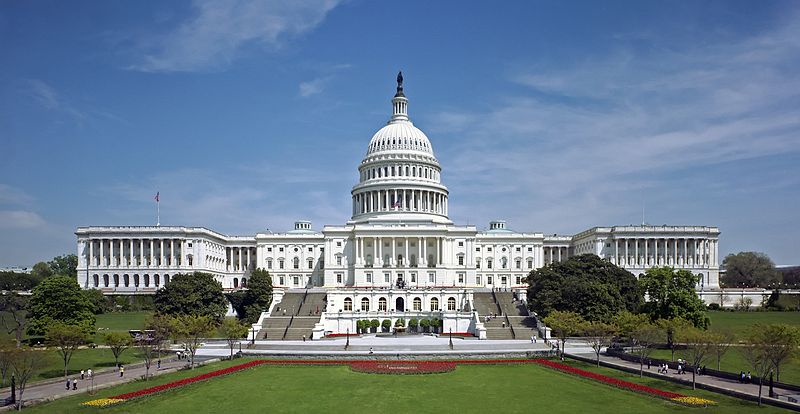
The Nuke Review, September 24 – October 1
Iran
Continued Construction at Arak
Iran has accelerated construction of a heavy water reactor near the town of Arak, which is now scheduled to be completed in late 2013. Once online, the reactor will produce enough plutonium for two weapons per year, although Iranian authorities have issued a statement denying any intent to reprocess the fuel.
European Union, Israel Call for Increased Iran Sanctions
The foreign ministers of France, Britain, and Germany are leading a push within the EU to impose tougher sanctions on Iran, targeting its finance, trade, and transportation sectors. The measures, which could be enacted in late October, would increase the number of blacklisted Iranian financial firms and shipping companies.
Effects of Sanctions
International sanctions are taking a toll on Iran’s economy, according to Israeli Finance Minister Yuval Steinitz. “The loss of income from oil there is approaching $45-50 billion by the year’s end,” Steinitz said in a recent interview.
Chinese Official Calls for More Talks with Iran
Speaking before the United Nations General Assembly last week, Chinese Foreign Minister Yang Jiechi stated, “The Iranian nuclear issue has reached a new, crucial stage…The relevant parties should remain committed to a diplomatic solution and begin a new round of dialogue as soon as possible.” Jiechi’s remarks came as the European Union is weighing imposing additional sanctions on Iran and in the wake of Prime Minister Benjamin Netanyahu’s speech on Iran’s nuclear progress.
United Nations
Netanyahu “Illustrates” Iran Nuclear Progress
During his appearance before the United Nations Israeli Prime Minister Benjamin Netanyahu examined Iran’s nuclear progress and made his case for setting red lines before Iran. Diagram in hand, the Premier warned that Iran may have enough material for a nuclear weapon by next spring and stated, “Red lines don’t lead to war, red lines prevent war.”
Obama on Iran, “still time” for Diplomacy
Last Tuesday President Obama warned that while there was still time for negotiations with Iran, time is “not unlimited.” Noting the potential consequences of a nuclear Iran, which include threats to the security of Israel and the Gulf states, the prospect of a regional arms race, and a blow to the non-proliferation regime, the President reiterated his commitment to diplomacy. “America wants to resolve this issue through diplomacy, and we believe there is still time and space to do so.”
IAEA Chief to Seek Second Term
Lost amongst the debate over Iran’s nuclear program was the report last week that IAEA chief Yukiya Amano will seek a second term at the end of 2013. Western states have generally approved of Amano’s stance toward Iran, which is more firm than his predecessor Mohamed ElBaradei. It is believed that Amano will be elected without problem.
Nuclear Strategy
Under Secretary Gottemoeller speaks at ASP
Speaking at an event sponsored by the American Security Project Rose Gottemoeller, Acting Under Secretary for Arms Control and International Security, discussed the status of the Comprehensive Test Ban Treaty. As she noted, in the absence of nuclear tests other measures, such as the Stockpile Stewardship Program and Life Extension Programs, have contributed to a U.S. nuclear arsenal that is safe and operational. Thus, as Under Secretary Gottemoeller stated, “U.S. ratification of the CTBT is in our national security interest.”
Britain, France Rethink Nuclear Deterrent
In a recent New York Times Article, Harvey Morris analyzes the current debate within Britain and France of the prudence of maintaining such a large nuclear stockpile. Although there are advantages to a robust nuclear deterrent, the reality of budgetary austerity has caused some in those countries to consider reallocating money away from nuclear weapons and toward countering conventional threats.
Nuclear Terrorism Still a Concern
IAEA chief Yukiya Amano reminded a gathering of officials at the United Nations last week that the threat of terrorist use of a “dirty bomb” is still a concern. Since 1995 there have been 400 reported incidents of smuggling or trafficking of nuclear or radioactive materials. Thus, Amano stated “We must therefore maintain the utmost vigilance in protecting nuclear and other radioactive material and nuclear facilities.”






[…] The Nuke Review, September 24 – October 1 […]